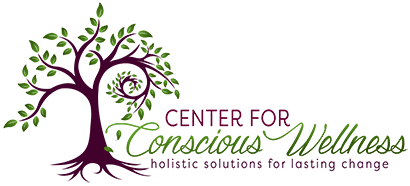|
The Energy of You Volume XX Issue #17
I listened as a new healer gushed about how she “tuned in” and healed everyone she encountered. Then she mentioned how exhausted she was. My mouth dropped open. Wait – what?! She was tuning into people’s energy and working on them… without permission? Without feedback? She had no knowledge of what other practices were being used and could have caused a healing crisis. I scanned the room to see if anyone else looked as stunned as I felt. While the panel focused on the woman’s exhaustion, which was the concern she brought up, to be fair. I found myself fixated on something else entirely: the lack of consent. I see this with some regularity: poor manners regarding energetic sovereignty. A person’s energy field is personal. You wouldn’t slide a pill down a stranger’s throat without asking. Why should their energy field be treated any differently? Unauthorized access raises serious issues. Consent, safety, and ethical practice are my main sticking points. Consent needs to be explicit and expressed. As a client, you should know what the practitioner is doing and what is being worked on. You should always have the opportunity to share details about the issue you want help with so you’re both on the same page. I also ask clients to set an intention for a session, and we often work on it together. In my research, this improves outcomes by about 35%. (In a couple of weeks, an entire newsletter will be devoted to the power and art of setting intentions.) And this principle extends to Western medicine, too. While the system is often designed for speed, bringing written questions or symptom notes to your doctor can help create space for shared understanding and better outcomes. Each of us is unique, and our way of processing energy and healing differs. Without a feedback loop, a practitioner has no way of knowing if they’re work is helping, neutral, or even harming. What a healer may see as “needing healing” may not be something that the person needs or wants. This is why collaboration matters. You always have the right to stop a session or ask for a shift in approach. You know your body best, and even if you are new to energy work and are uncertain, you have the lived experience of your energy. Working with a healer is a collaboration. Your experience and knowledge, combined with the practitioner’s, are symbiotic and works best when both fully participate. (This includes Western medicine doctors, etc.) All components are vital. I once worked with a woman whose energetic structure was very segmented. When I started the WebWork, she became anxious. I stopped, and we talked about what she was experiencing and her sense of her energy field. After a bit of tweaking, we found a format that worked for her. If I had just pushed forward, thinking her energy field was somehow “wrong or broken” and needed to be “fixed,” I would have caused her a great deal of distress and possibly harm. All practitioners, regardless of discipline, need to practice ethically. An ethical practice is one that simply applies good manners. Showing respect, obtaining consent, and working collaboratively are good pillars to use. You might feel nervous before a session; that’s normal. You should not feel as if your input or questions are unwelcome or wrong. Healing—at its best—is a collaboration. A good practitioner creates a space where you feel heard, respected, and empowered to guide your own healing journey. Have you ever felt your energetic boundaries crossed without permission? What helped you recover trust in your process?
|
